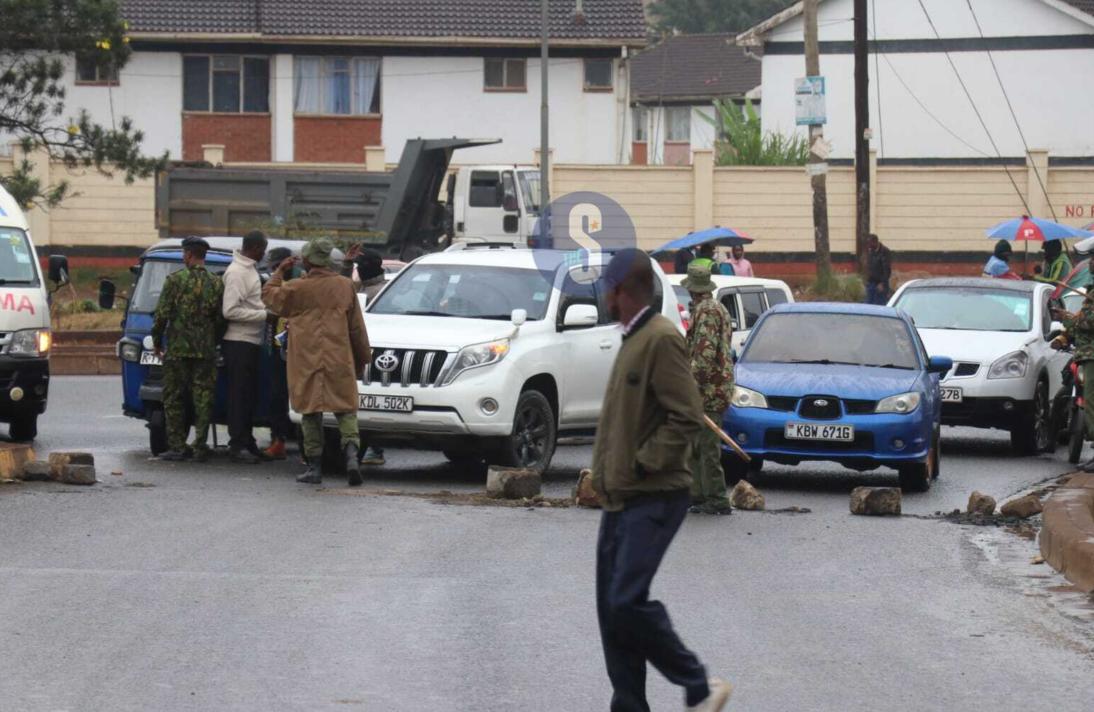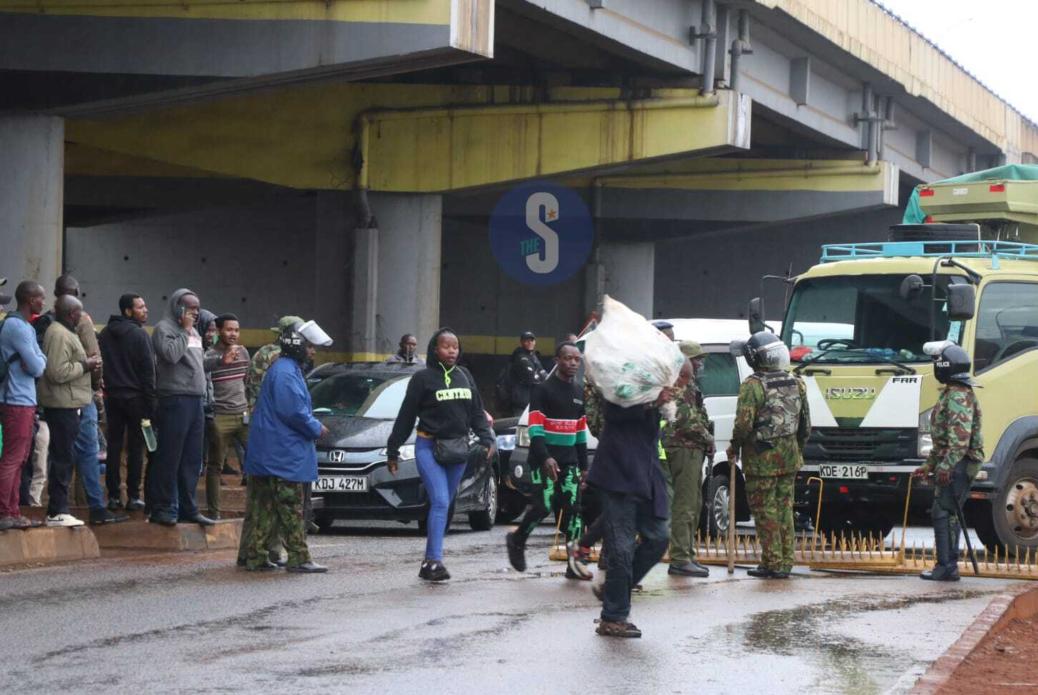
Nairobi residents were met with massive disruptions and widespread frustration on Monday morning as police mounted roadblocks on major highways and access routes into the Central Business District.
The roadblocks were erected ahead of the anticipated Saba Saba Day commemorations.
Despite the government’s insistence that July 7 would remain a normal working day, security agencies launched a citywide lockdown in a bid to thwart potential protests.
The move appeared aimed at preventing demonstrators from infiltrating the CBD under disguise.
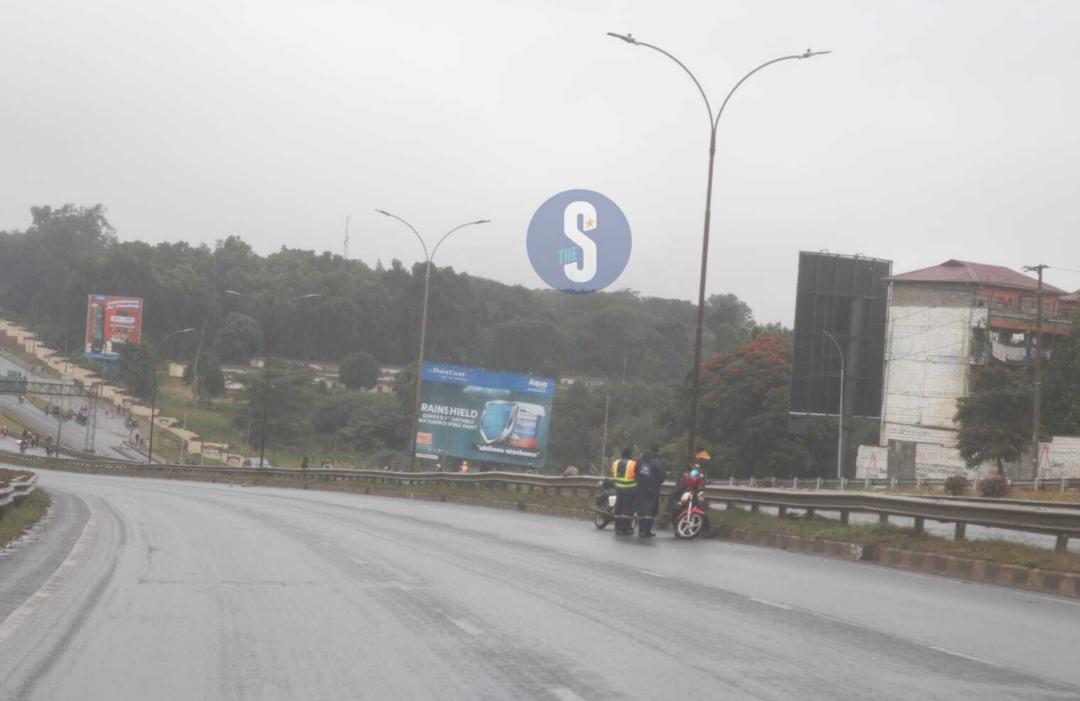
A section of Thika Superhighway deserted after police officers turned back motorists heading to Nairobi’s CBD on July 7, 2025/LEAH MUKANGAI
Major roads including Waiyaki Way, Kenyatta Avenue, Jogoo
Road, Mombasa Road, Thika Road, Kiambu Road, Uhuru Highway, Valley Road, and
several feeder roads were manned by heavily armed officers conducting thorough
vehicle searches.
Only government vehicles and those with emergency cases were allowed through, severely limiting access to the city.
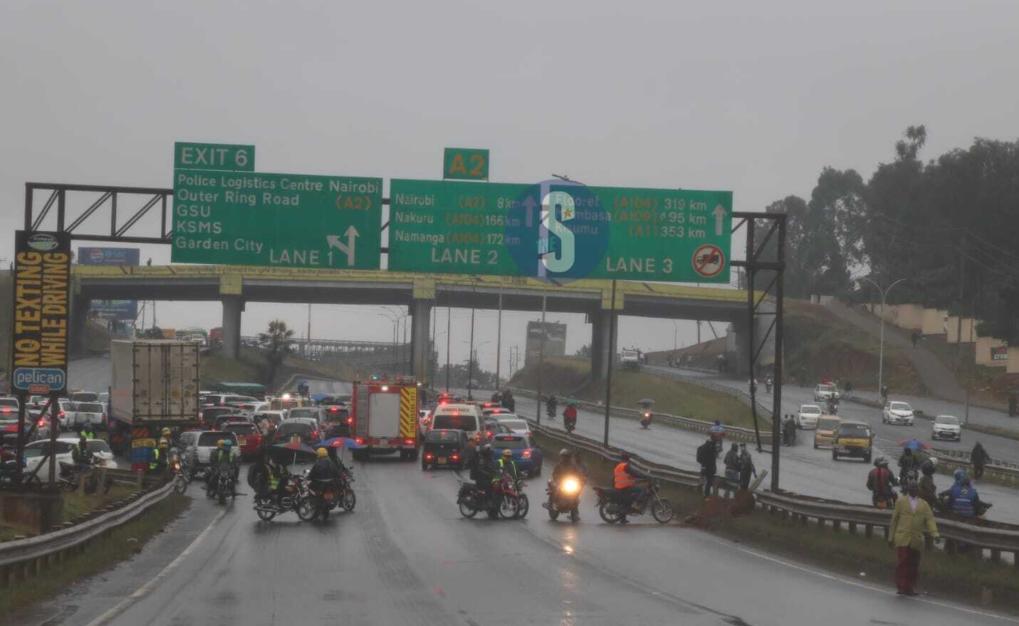
The lockdown brought Nairobi's key arteries to a near standstill. Thousands of commuters were caught in the early morning gridlock, some abandoning their vehicles to proceed on foot, while others turned back entirely.
The measures sparked widespread criticism from commuters and civil society groups, who condemned the disruptions and accused authorities of overreach.
"This is completely unacceptable," said James Mwangi, a stranded commuter along Mombasa Road. "If the government wants to ensure security, they should not do it at the expense of ordinary Kenyans trying to get to work."
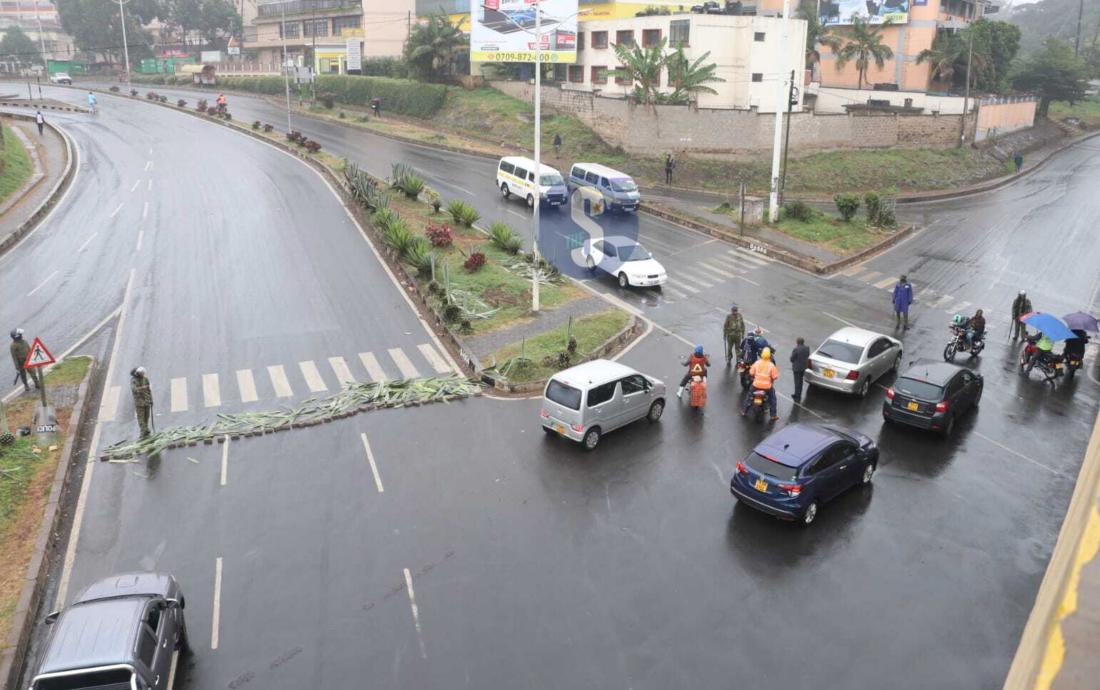
The Saba Saba Day, historically marked by calls for democratic reforms, has seen a resurgence in recent years as activists push for greater accountability, social justice, and economic equity.
The heavy security presence signals the government’s heightened sensitivity to any form of dissent amid growing public frustration over the high cost of living and political discontent.
